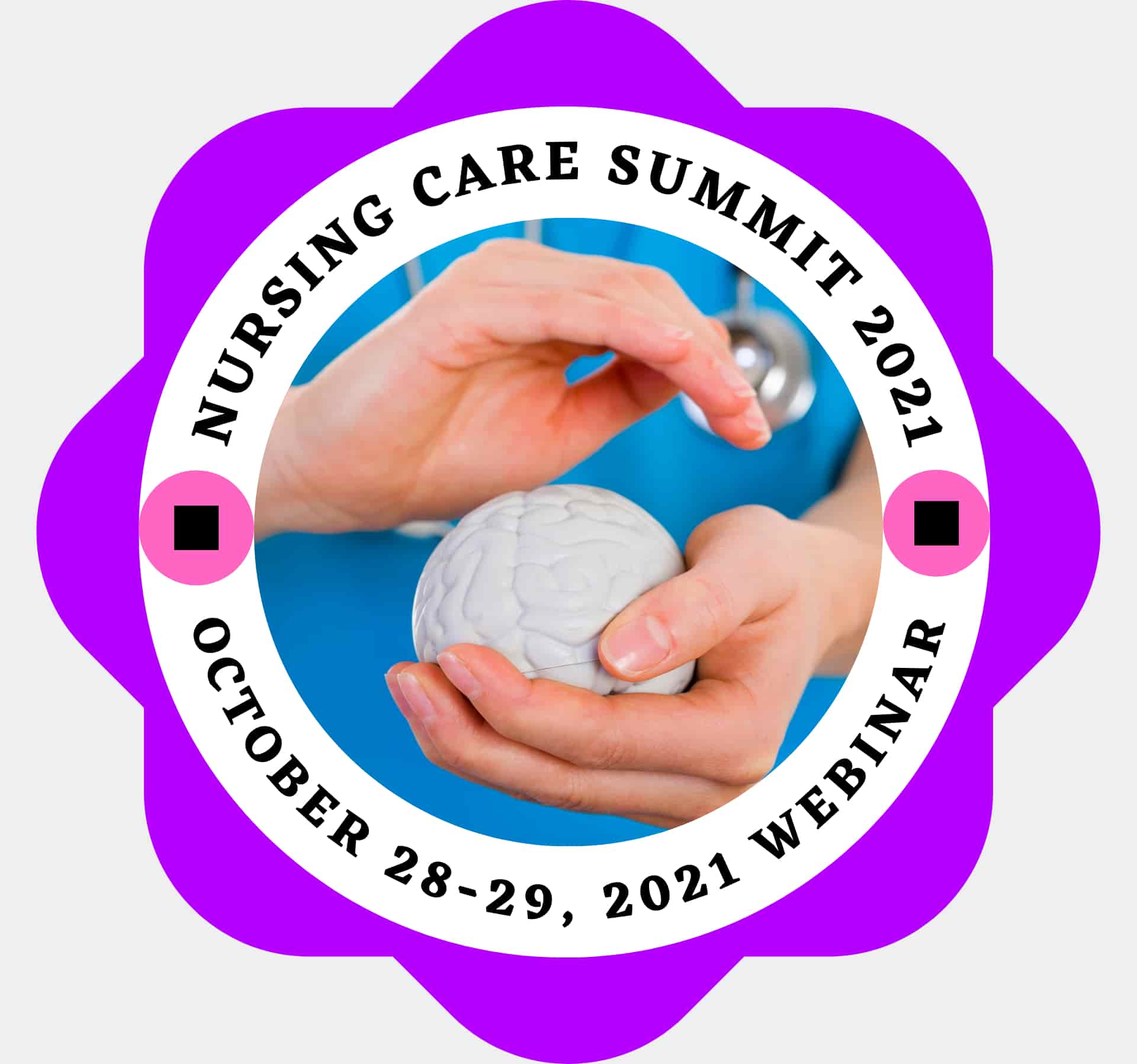Biography
Biography: Sümeyye BARUT
Abstract
Pregnancy and birth is a period that is considered as a turning point in a woman's life. Although pregnancy and childbirth are accepted as physiological events, they are stressful times for women. While adapting easily to the psychological changes that develop during this period, some women may experience mild or may experience severe fear. For these reasons, it is important to evaluate interventions for fear of childbirth. In this review, our aim is to evaluate the Haptotherapy, which is a psychotherapeutic method to be used for fear of birth.
Recent findings: Haptotherapy is a respectful and safe touch type used during pregnancy to reduce the woman's fear of childbirth, to strengthen maternal-paternal attachment, and to reduce the effect of anxiety on the pregnant woman and child.
Haptotherapy training includes specific exercises to treat fear of childbirth. These exercises have been developed to change the woman's perception of pregnancy and to develop a positive attitude towards pregnancy and childbirth. Haptotherapy involves a combination of skills taught in eight one-hour sessions between weeks 20 and 36 of pregnancy. Haptotherapy has three basic steps. These; 1) Pregnant women have the ability to open and close by reacting to the awareness of the impressions they perceive, 2) To provide maternal attachment by touching the belly of the pregnant (haptotherapist and mother) and to provide paternal attachment by the father's touching the pregnant's belly and the fetus to react, 3) In the third stage of birth, in the pushing stage of abdominal power to use them correctly and to gain skills related to coping effectively with contractions, and to enable women to control their anxiety by making women feel more competent and in control of these learned skills.Studies have shown that haptotherapy is more effective in reducing fear of childbirth than usual care and psycho-education.
Conclusion & Significance: It is important for nurses/midwives to learn and practice haptotherapy skills on pregnant women, to enable pregnant women to cope with their fear of birth, to increase maternal and paternal attachment levels and birth satisfaction, and to reduce birth-related complications and postpartum problems.

